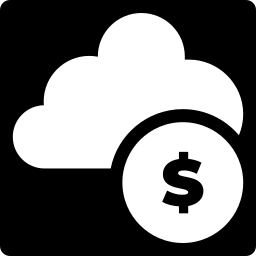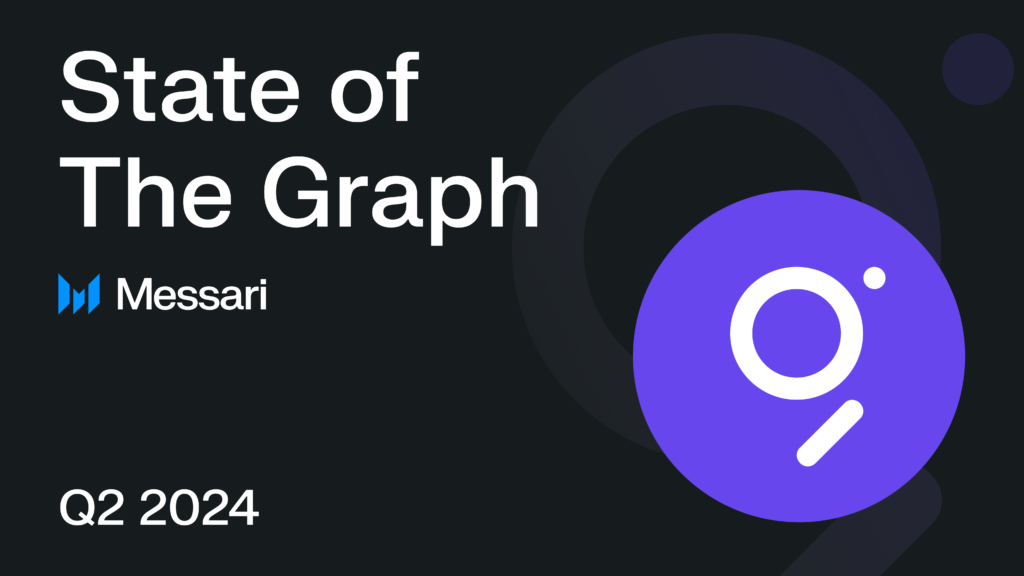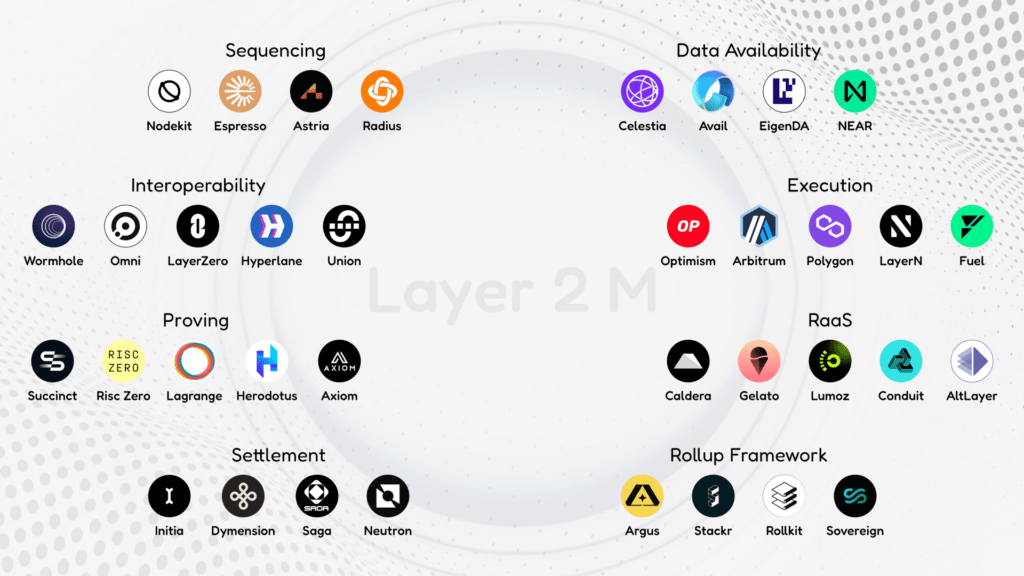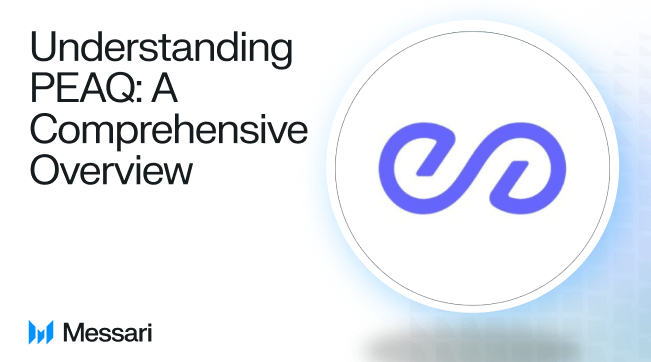Podcast Summary
This podcast episode features Chris and Mitch, co-founders of the Switchboard, a multi-chain platform securing over 800 million across 12 protocols. The discussion revolves around the evolution of Switchboard, its unique features, and the role of oracles in DeFi. The hosts also delve into the challenges of evaluating fair value versus market value of loans and the importance of randomness in high-risk markets.
Key Takeaways
Switchboard: A Multi-chain Oracle Network
- Platform Evolution: Switchboard started with a vision to bring esoteric or exotic longtail price and data on-chain in an easy, fast, and cheap manner. It has evolved to become more permissionless, allowing users to create their own feeds and offering a no-code UI for choosing data sources.
- Security and Features: Switchboard V3 incorporates a new level of security with an oracle incentive system, an oracle layer of hardware-attested security, and features like scheduling and free-form code execution.
Oracle Services: Data Models and Efficiency
- Data Models: The three data models used in oracle services are the push model, the callback model, and the poll model. The choice of data model depends on the specific needs of the protocol, but on-demand models like callback and poll tend to be cheaper for end users in terms of gas and transaction costs.
- Efficiency: The push for more protocols to move towards using push-based updates is driven by the need for efficiency and cost-effectiveness, especially as gas fees increase and more activity moves on-chain.
Challenges in Evaluating Fair Value of Loans
- Gap Risk and Smart Contract Risk: In addition to market value risk, protocols need to consider gap risk and smart contract risk. The need to ensure the solvency of the entire system in case of critical attacks or vulnerabilities is emphasized.
- Fair Value vs Market Value: The fair value of an asset for a loan may be different from the market price, and protocols need to evaluate the risks and trade-offs while maintaining a good user experience.
Importance of Randomness in High-Risk Markets
- Challenges in Sourcing Unbiased Randomness: Randomness is challenging to create on-chain because it’s difficult to prove that the producer of randomness had no context into the value generated. Ensuring unbiased randomness is crucial in high-risk markets.
- Models of Producing Randomness: Two models of producing randomness are mentioned: switchboard randomness sourced from inside an enclave and a commit-reveal scheme where users submit a seed to enclaves.
Future of Finance: On-Chain
- On-Chain Commerce: The future of finance is moving towards being on-chain, with more commerce happening on-chain in the next 10-20 years. The demand for price feeds and oracle networks will vary as the overall activity on-chain grows.
- Tokenized Assets: Tokenized assets, such as stocks, will play a significant role in the demand for price feeds and oracle networks.
Sentiment Analysis
- Bullish: The podcast presents a bullish sentiment towards the future of finance moving on-chain. The hosts and guests believe that more commerce will happen on-chain in the next 10-20 years, driving the demand for price feeds and oracle networks.
- Neutral: The discussion around the challenges of evaluating the fair value of loans and the importance of randomness in high-risk markets presents a neutral sentiment. While acknowledging the complexities and risks, the hosts and guests emphasize the need for robust risk management and innovative solutions.












